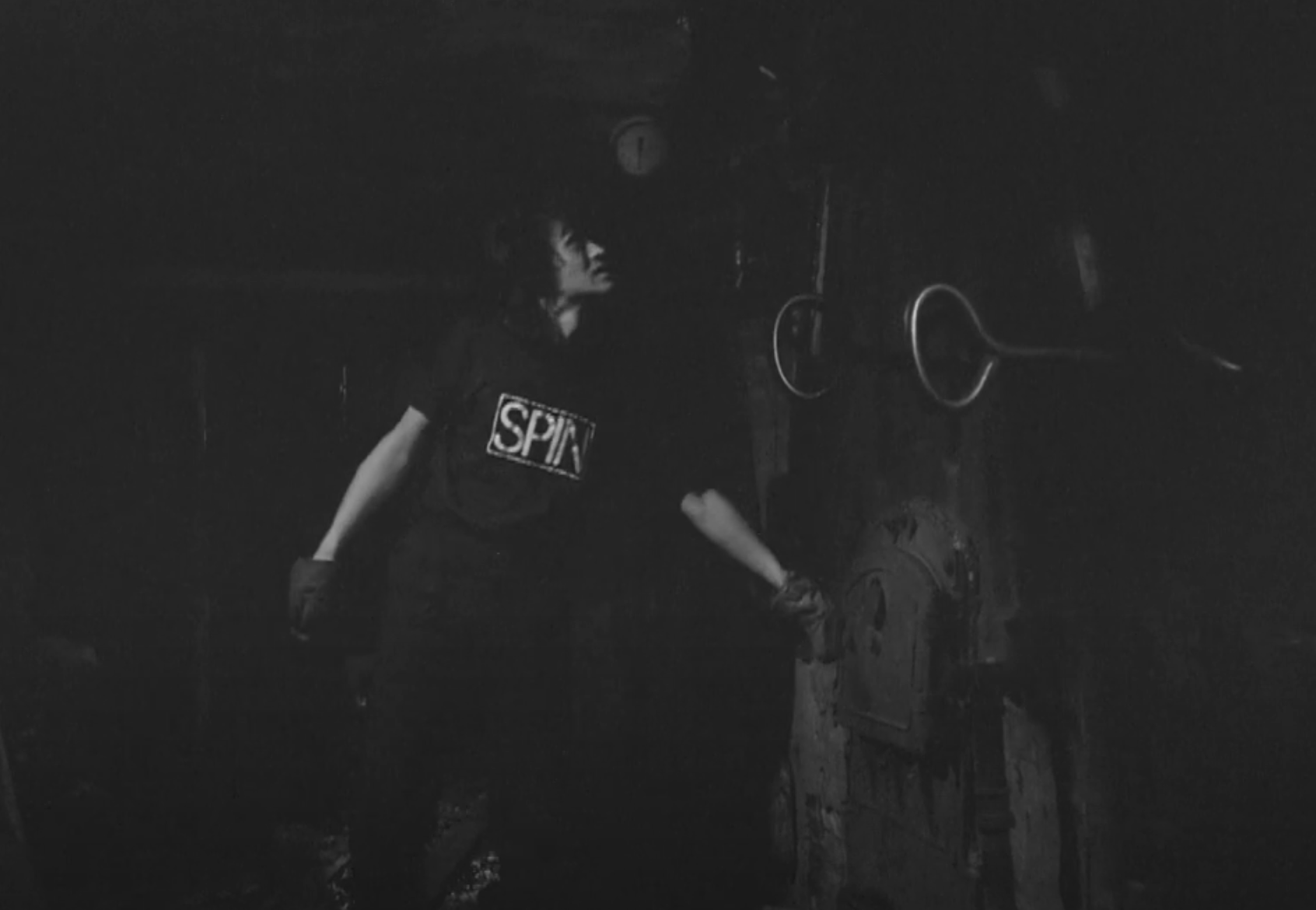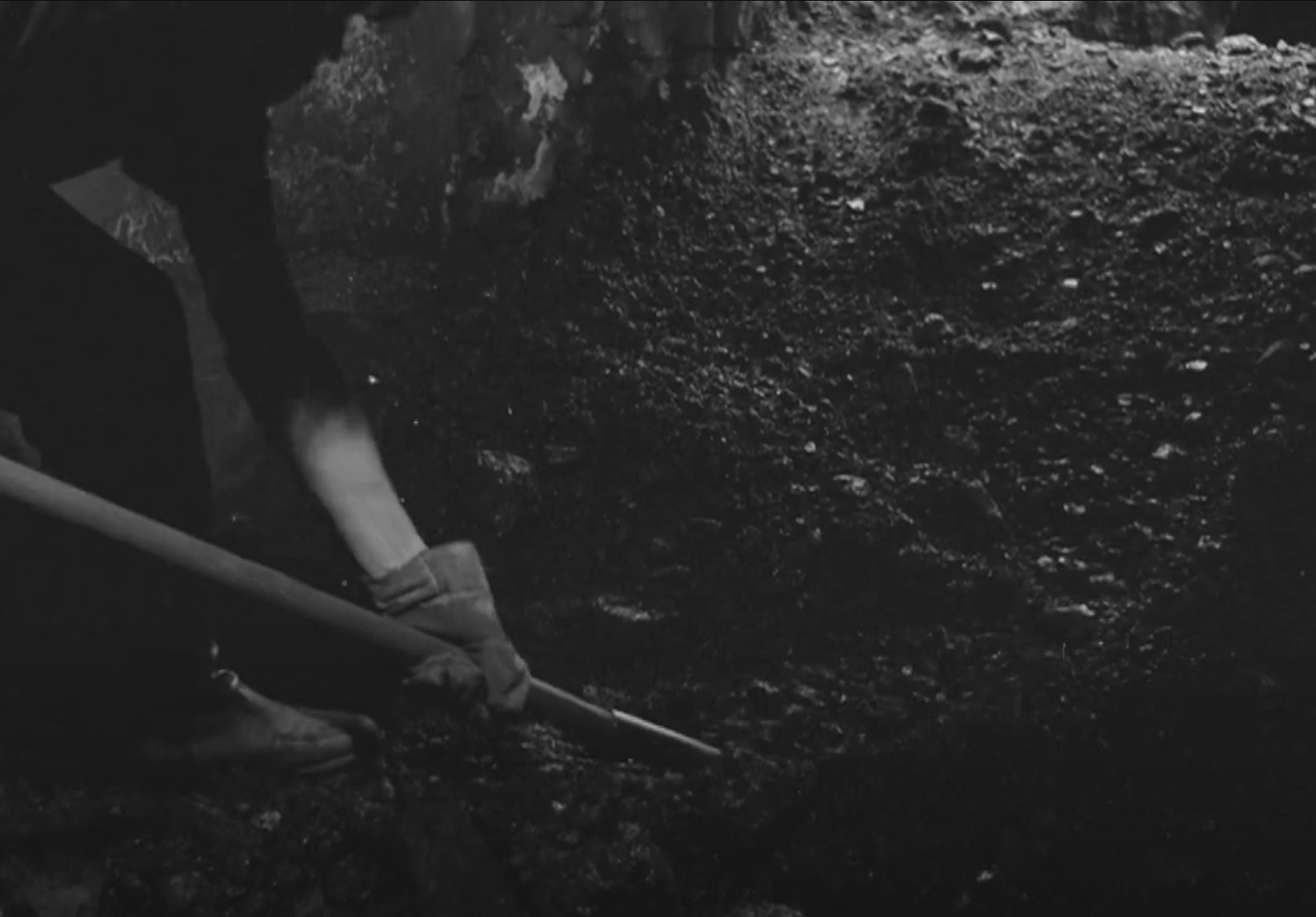Filed Under: Video > Entertainment > Rashid Nugmanov’s documentary film “Yahha,” 1986
Rashid Nugmanov’s documentary film “Yahha,” 1986
[5 items]
Rashid Nugmanov’s (1954-) documentary Yahha, his final project for Sergei Solovyov’s (1944-2021) film-directing workshop at VGIK (the Gerasimov Institute of Cinematography in Moscow), echoed the experiments of both early Soviet film pioneers like Dziga Vertov (1896-1954) and the French New Wave. The film uses a visually and temporally nonlinear plotline to tell the story of a typical day in the lives of Leningrad rock musicians and their fans. Yahha was one of the first Soviet documentaries to tackle the subject of USSR’s rapidly expanding underground rock music culture and its surrounding community, which at that time was concentrated in Leningrad. The film contains concert footage of the bands Alisa, Zoopark, and Kino, while also capturing musicians’ and fans’ everyday interactions and movements across the city.
Unlike other documentaries focusing on rock music in the USSR, the film downplays the movement’s sociopolitical significance. Instead, it focuses on rock music’s daily rhythms and environs, painting a youth subculture oasis unencumbered by its repressive totalitarian setting. Any tensions with officialdom—as, for instance, when a Kino concert is unceremoniously cancelled—are presented as comical interludes, with the film’s subjects always finding unofficial venues in which to gather, converse, and make music.
The perestroika period’s now-legendary geographical locations, where Soviet underground rock music originated and developed—the Leningrad Rock Club; private apartments; and the boiler room on Blokhin Street where Kino’s Viktor Tsoi (1962-1990) famously worked, popularly known as “Kamchatka,” all feature prominently in the film. Toward the end of the film, Kino’s performance of “Tomorrow We Take Matters into Our Own Hands” (Zavtra deistvovat’ budem my, 1988), blurs with shots of Tsoi shoveling coal at his “Kamchatka” worksite. This juxtaposition pairs late-socialist menial labor with underground musical production, combining seemingly disparate ideological spheres into a seamless whole—thus illustrating the mutually dependent spheres of official (labor) and unofficial (rock music) culture in the late-Soviet period.




